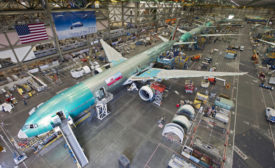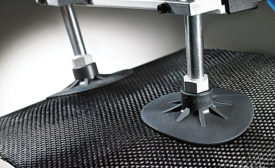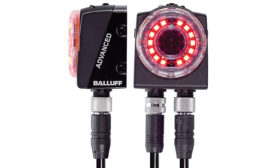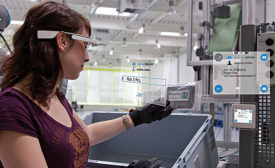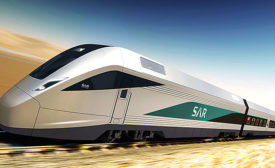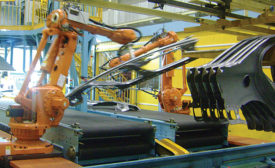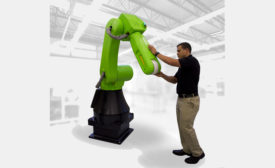Robotics Assembly
Vacuum Grippers Reliably Handle Parts
Suction cups, modular interfaces and specialty grippers reliably handle parts of all shapes and sizes
December 1, 2016
What’s New With Machine Vision Systems
New technology is making vision systems faster, more reliable and easier to use.
November 7, 2016
Industry 4.0: Myths vs. Reality
Digital convergence is ushering in a new era of smart factories.
November 3, 2016
Never miss the latest news and trends driving the manufacturing industry
Stay in the know on the latest assembly trends.
JOIN TODAY!Copyright ©2025. All Rights Reserved BNP Media.
Design, CMS, Hosting & Web Development :: ePublishing
